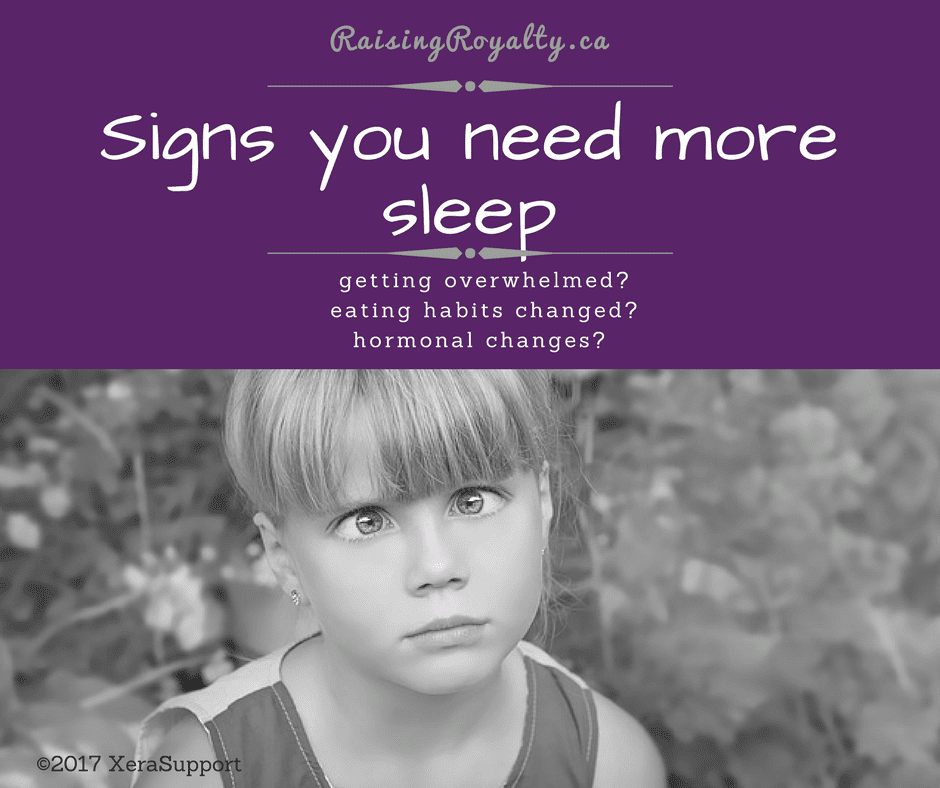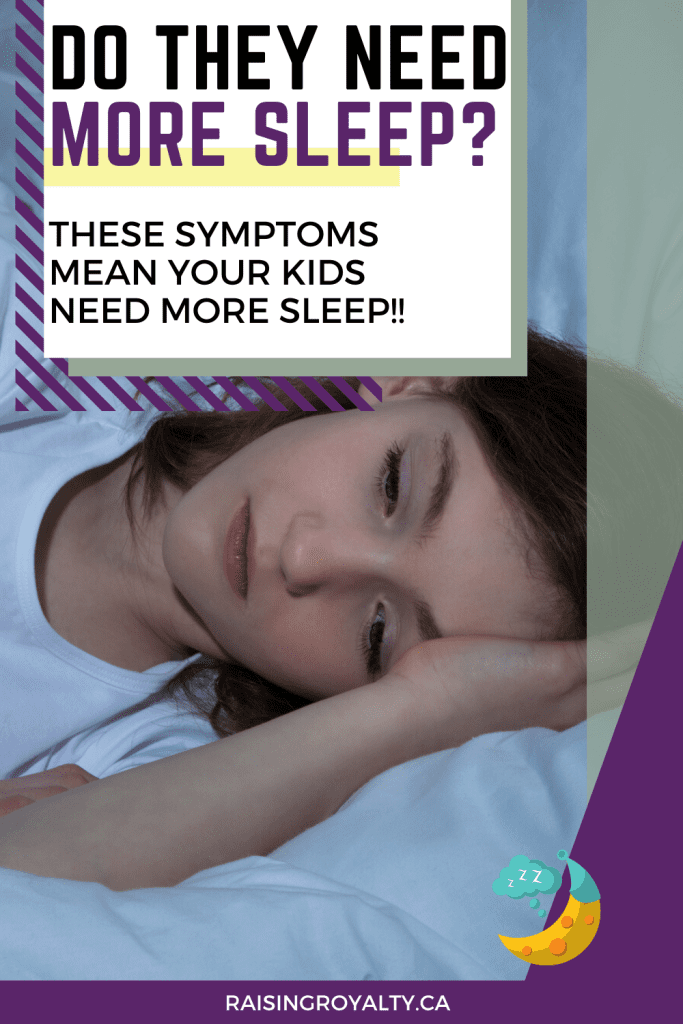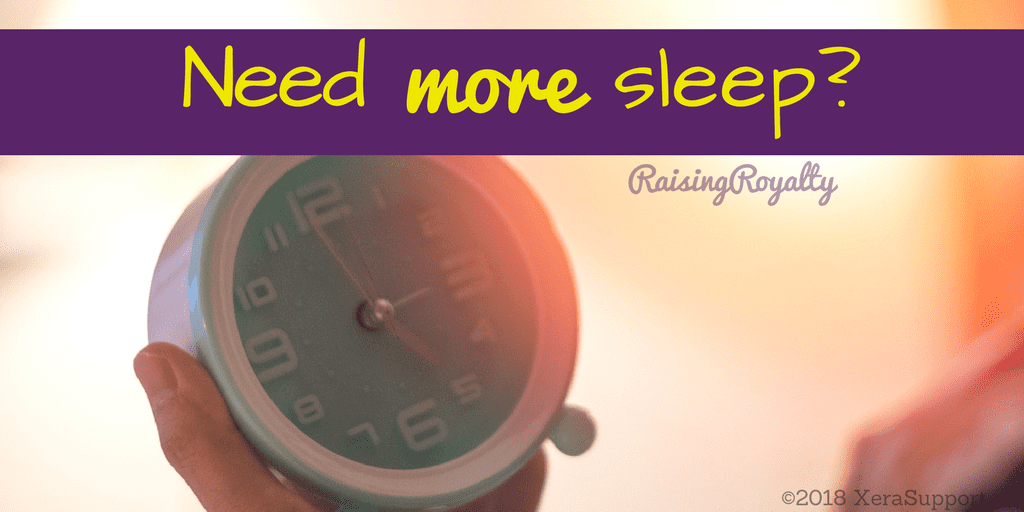
Our sleep needs change as we grow.
The amount of sleep we need can fluctuate with growth spurts, developmental milestones and of course, health and illness. You can need more sleep depending on how your body is growing, changing and how your hormones are interacting. Our bodies are complicated chemistry factories, and even the smallest of hormonal changes can affect your sleep. Biology plays a huge role in the quantity and quality of sleep. But still, sleep solves a lot of problems.
Your toddler and your teenager’s sleep needs
Your toddler and your teenager have a lot in common, biologically speaking. Both are going through a stage of huge physical and developmental changes. Both have major growth spurts. Your toddler and your teenager are both learning rapidly, and both can sometimes have difficulty coping.
Since the changes and growth are so similar, the solutions are also quite similar. Just as tantrums in a toddler can be managed, and even prevented, by a snack, a nap and a cuddle, the meltdowns and dramatic scenes of a teenager can be managed and possibly prevented by extra food, sleep and love.
The benefits of a good night’s sleep
Science shows that children’s physical growth happens while they sleep. So if they aren’t sleeping well, they may have growth issues. Sleep also helps with the repairs needed after exercise, so that we grow stronger and more fit. And, sleep helps boost our immune system. A well rested child is going to be able to fight those germs off better. So when they show signs of growth or developmental changes, they will need more sleep.
A good night’s sleep resets those hormones, too. So if you’ve got a moody teenager, one of the best things you can do is encourage them to sleep. Whether that means letting them sleep in occasionally, or offering time for a mid-afternoon nap – or telling them to go to bed before their words cross the line into disrespect – your teen needs sleep just like they did when they were little.
Signs they need more sleep
Tantrums
So how can you tell when your child needs more sleep – and when they need firmer boundaries? One big sign is the kind of tantrum they may have. The difference between defiance and fatigue can be hard to see. A tantrum from boundary testing and a tantrum from being overwhelmed and unable to cope can look similar on the surface, but there are subtle differences.
Boundary testing tantrums require attention. So if you watch your child from a distance, you’ll notice that they are continually looking to see if you’re paying attention. That’s why ignoring a temper tantrum based on defiance works. Your child is in control of himself – his behaviour is deliberate. And he can stop at any time.
Tantrums – or meltdowns – that are based on sensory overload, emotional dysregulation or a lack of sleep, look different. Your child will be inconsolable. They cannot stop, even if they want to. They may push away the very thing they seem to be wanting, because their overwhelm isn’t based on that to begin with. That’s when a nap, or an earlier bedtime, may help most. This is a sign they need more sleep. Sleep solves a lot of problems.
Eating habits

Another way to tell if your child, no matter what the age, needs more sleep is to look at how they are eating. We all know our kids can go through periods where it feels like you can’t feed them enough – and then there are weeks where it seems like they won’t eat anything at all. Often times they will go through cycles of eating everything in sight, and then slowing down and picking at their food. It can be frustrating when you don’t realize what’s going on.
Here’s what’s really going on inside their bodies. Typically developing children will have periods where they eat frequently, regularly, and consume lots of food. This is then followed by a period where it seems they aren’t eating enough to sustain themselves. When that low-eating period starts, it’s a sign of a growth spurt about to happen. And that is a sign that they need more sleep.
Sometimes kids will be extremely picky eaters, and have disorders surrounding their eating habits. See a doctor for help with that. But a child with no previous eating issues, who suddenly seems to slow their eating habits, especially when they are very young is nothing to be concerned about. It’s a typical developmental sign of physical and/or developmental growth spurts about to happen. Continue to offer food, but don’t worry if your child decides not to eat what you’re used to them eating. But do ensure they get extra sleep! Because this is a sign that they may need more sleep.
Mood and emotional upsets
Our kids can have big emotions and sometimes they don’t know what to do with them. Sometimes us adults don’t know what to do with our emotions either! Emotional upset and moodiness can be a sign of an increased sleep need. Whether the moodiness is coming from a hormonal change, or whether it’s a result of stress or a major life change, extra sleep can help make those emotions manageable.

Crying yourself to sleep can help release stress, balance those hormones and calm those overwhelming feelings. Going to sleep angry isn’t always a good thing, as you will probably wake up feeling sad. But if you can work off the hormonal rush of adrenaline and cortisol – physically work out your anger – follow that up with a power nap, and your mood will improve.
One of the best ways to deal with grief, pain, and loss is to sleep. That’s why depression sufferers can feel fatigued so much. The hormones associated with depression are out of balance, and sleep helps to balance those hormones. (In depression, however, sleep isn’t enough to help balance hormones. Getting proper medical attention is IMPORTANT! If you are feeling overwhelmed and can’t shake feelings of sadness, indifference and have no energy, even though you’re sleeping lots, please TALK to someone! There is HELP available!!)
Sleep solves a lot of problems!
Our health and well-being depends on getting enough quality sleep. Without good sleeping habits, your children’s growth and development will be impacted. Your immune system won’t function as well. Your digestive system will slow (weight gain anyone??) and your hormones get out of whack. If you or your child is feeling overwhelmed and out of control, try a nap. You may need more sleep, and that extra sleep may just make everything better.


